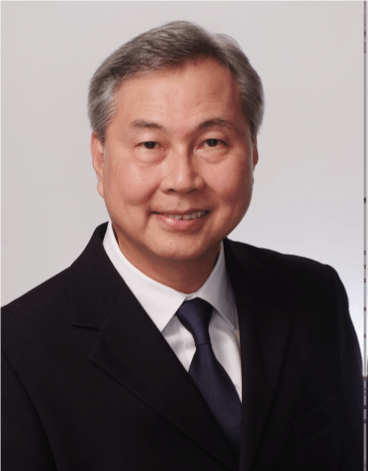21 December 2018

How would you describe yourself in three words?
Passionate, conscientious and private.
How did you first get involved in arbitration work?
I first got involved in arbitration works through SIA’s nomination as arbitrator in the year 2002 when I was in the Panel of Arbitrators.
In the course of your work, do you notice a trend in clients preferring arbitration over litigation as a form of dispute resolution?
The trend has since changed in the recent years when arbitration appears to be taking longer than expected and also less cost effective as compared with the efficient court process and the Statutory Adjudication under SOPA. However, the arbitration clause in the contract agreement and the nature of confidentiality remains the key factor in the consideration of arbitration amongst the parties.
What is the most memorable arbitration or arbitration related matter that you were involved in, and why?
My most memorable arbitration matter is a case between the Main Contractor and the Sub-Contractor when I was nominated by SCAL to be the sole arbitrator to hear the parties disputes in Jan 2014.
|
Main Contractor (Claimant) |
Sub-Contractor (Respondent) |
|
Lawyer handling case had decided to discontinue due to ill health and a new lawyer was appointed in early Dec 2015. |
The Counsel had informed that the Respondent was in voluntary liquidation in mid 2015 and all actions were devolved to an appointed liquidator. |
|
Lawyer had difficulties in finding factual witnesses and experts to give evidence. |
By mid Oct 2015, the appointed liquidator informed the Tribunal that the Respondent would be discontinuing with the arbitration proceedings due to insufficient funds. |
It took me more than 4 years to reach an expartite hearing and publish an award.
What advice do you have for a young fellow practitioner interested in arbitration work?
Must have passion in arbitration plus plenty of patience and balance of the mind to ensure the timely resolution of the disputes.
What are the challenges you think arbitration practitioners will face in the upcoming years?
The challenges the arbitration practitioners will face these days are that disputed issues have become more complex and complicated and the stake is high. Much longer time is needed to sort out all the disputed issues by going through large volume of documents and information. A systematic and disciplined approach is required to achieve an effective job.
With the establishment of the Singapore International Mediation Centre and the introduction of the SIAC-SIMCArb-Med-Arb Protocol, do you see mediation as now having a bigger role to play in assisting parties to resolve their disputes?
Yes, I think so. Parties intending to settle amicably would find mediation a good platform to iron out their differences and achieve a resolution.
Who is the person(s) who has had the greatest impact and/or influence on your career?
There are two persons who have had the greatest impact and/or influence on my pursuance of arbitration works.
The first is the late Mr C S Wu, a well-known construction lawyer in the 80s who represented the Board of Architects as legal adviser on a disciplinary case with me as one of the three Board Members to hear the case. His competency in conducting the hearing have helped me to open up a path of interest in managing a case.
The second is the late Mr Raymond Kuah L H, a founding member of SIARB. He too had inspired me to pursue the arbitration works and had given me a great deal of guidance and support to do so.
If you weren’t in your current profession, what profession would you be in?
I would still be passionately practising as an architect and fire safety consultant.
What’s your guilty pleasure?
Overseas travel to exotic places.
What is one talent that not many people know you have?
I have acquired a private pilot licence whilst serving as a Cadet Pilot in the then University Air Squadron during the period of 1970 and 1972.
Fill in the blank: “Arbitration is to dispute resolution as salt is to health”
